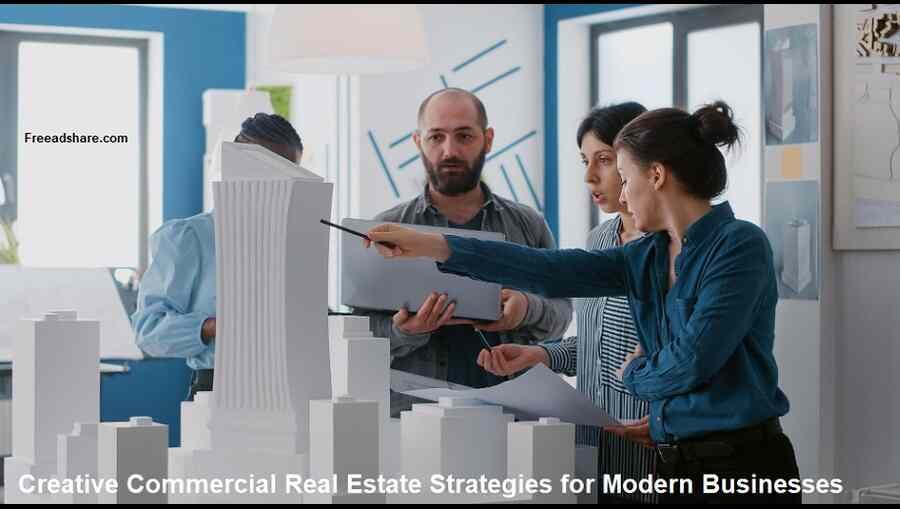
Modern businesses are undergoing a significant transformation in how they approach commercial real estate, with major shifts in their priorities, operations, and goals. Rather than sticking to traditional properties and static office settings, companies are now searching for innovative solutions that support agility, community, and sustainability on multiple fronts. The rise of new work paradigms and the growing value placed on wellness and adaptability have made it crucial for organizations of all sizes to rethink where and how they conduct business. By turning to resources like Bellingham WA real estate experts Julian & Company, organizations can access deep local knowledge and industry expertise that helps navigate these shifting trends and gain a strategic edge in a competitive marketplace.
Flexible Workspaces: Adapting to Changing Needs
The widespread adoption of remote and hybrid work has compelled business leaders to reevaluate their office footprints, lease agreements, and employee expectations. Flexible workspaces, such as coworking facilities, shared offices, and hot-desking environments, empower organizations to rapidly scale their physical presence up or down to match evolving needs. This means businesses can accommodate team growth, project-specific needs, or downsizing without being locked into restrictive, long-term leases that limit flexibility or drain resources. This helps manage expenses—especially in periods of uncertainty or economic fluctuation—and provides employees with modern, collaborative environments that can boost creativity, teamwork, and overall job satisfaction.
Sustainable Practices in Commercial Real Estate
As climate change becomes a central concern across industries, companies increasingly integrate sustainability into their real estate strategies. Investing in energy-efficient infrastructure—such as LED lighting, high-efficiency HVAC systems, and solar panels—drives down ongoing operating costs and helps businesses meet their environmental, social, and governance (ESG) objectives. Reducing carbon emissions, lowering utility expenses, and minimizing environmental footprint are no longer just buzzwords; they are competitive differentiators in today’s market.
Integrating Technology for Enhanced Efficiency
Commercial real estate’s digital transformation is accelerating rapidly, with smart building technologies and automation leading the way. Internet of Things (IoT)- enabled systems now monitor everything from energy consumption and water usage to indoor air quality, allowing property managers and businesses to make real-time adjustments that improve tenant comfort and cost-effectiveness. These technologies enhance sustainability while reducing labor costs and inefficiencies.
Adaptive Reuse: Transforming Existing Spaces
Adaptive reuse—the creative process of repurposing old or underutilized buildings for new commercial functions—has become a hallmark of both sustainable and strategic real estate development. Converting warehouses into modern office lofts, transforming old factories into event venues, or redeveloping vacant retail properties into vibrant community hubs helps preserve architectural heritage, reduce construction waste, and meet the unique needs of today’s businesses. For cities and neighborhoods, adaptive reuse is more than just a design trend; it’s a driver of revitalization and renewed economic activity.
Community Engagement and Mixed-Use Developments
Modern commercial real estate strategies increasingly recognize the immense value of blending commercial properties into the fabric of neighborhoods through community engagement and thoughtful mixed-use development. Property owners and developers create vibrant, walkable environments where people want to work, live, and visit by combining office, residential, retail, and recreational spaces in one development. This integrative approach unlocks numerous benefits, including higher foot traffic, diverse amenities, and stronger, more genuine relationships with local residents and businesses.


